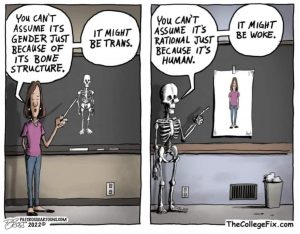
Aleksandr Isayevich Solzhenitsyn
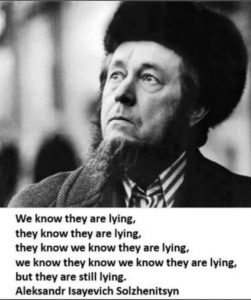
Be That One Person
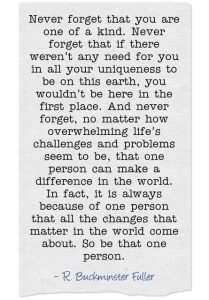
Wise Words From Judi Dench
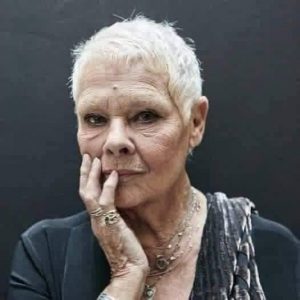
Quotes From Albert Einstein
“I didn’t arrive at my understanding of the fundamental laws of the universe through my rational mind.”
“Concerning matter, we have been all wrong. What we have called matter is energy, whose vibration has been so lowered as to be perceptible to the senses. Matter is spirit reduced to point of visibility. There is no matter.”
“Time and space are not conditions in which we live, but modes by which we think.
Physical concepts are free creations of the human mind, and are not, however it may seem, determined by the external world.”
“Time does not exist – we invented it. Time is what the clock says. The distinction between the past, present and future is only a stubbornly persistent illusion.”
“I think 99 times and find nothing. I stop thinking, swim in silence, and the truth comes to me.”
“The intellect has little to do on the road to discovery. There comes a leap in consciousness, call it intuition or what you will, the solution comes to you and you don’t know how or why.”
“A human being experiences himself, his thoughts and feelings as something separated from the rest, a kind of optical delusion of consciousness. This delusion is a kind of prison for us, restricting us to our personal desires and to affection for a few persons nearest to us. Our task must be to free ourselves from this prison by widening our circle of compassion to embrace all living creatures and the whole of nature in its beauty.”
“Our separation from each other is an optical illusion.”
“When something vibrates, the electrons of the entire universe resonate with it. Everything is connected. The greatest tragedy of human existence is the illusion of separateness.”
“Reality is merely an illusion, albeit a very persistent one.”
“We are souls dressed up in sacred biochemical garments and our bodies are the instruments through which our souls play their music.”
“When you examine the lives of the most influential people who have ever walked among us, you discover one thread that winds through them all. They have been aligned first with their spiritual nature and only then with their physical selves.”
“The true value of a human being can be found in the degree to which he has attained liberation from the self.”
“The ancients knew something, which we seem to have forgotten.”
“The more I learn of physics, the more I am drawn to metaphysics.”
“One thing I have learned in a long life: that all our science, measured against reality, is primitive and childlike. We still do not know one thousandth of one percent of what nature has revealed to us. It is entirely possible that behind the perception of our senses, worlds are hidden of which we are unaware.”
“I’m not an atheist. The problem involved is too vast for our limited minds. We are in the position of a little child entering a huge library filled with books in many languages. The child knows someone must have written those books.”
“The common idea that I am an atheist is based on a big mistake. Anyone who interprets my scientific theories this way, did not understand them.”
“Everything is determined, every beginning and ending, by forces over which we have no control. It is determined for the insect, as well as for the star. Human beings, vegetables, or cosmic dust, we all dance to a mysterious tune, intoned in the distance by an invisible piper.”
“The religion of the future will be a cosmic religion. It will transcend a personal God and avoid dogma and theology.”
“Energy cannot be created or destroyed, it can only be changed from one form to another.”
“Everything is energy and that is all there is to it. Match the frequency of the reality you want and you can not help but get that reality. It can be no other way. This is not philosophy. This is physics.”
“I am happy because I want nothing from anyone. I do not care about money. Decorations, titles or distinctions mean nothing to me. I do not crave praise. I claim credit for nothing. A happy man is too satisfied with the present to dwell too much on the future.”
74% Miscarriage Rate Among Vaccinated
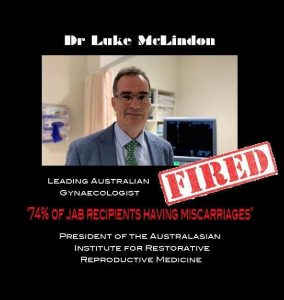
Dr Luke McLindon leads the fertility services at the Mater hospital (Brisbane) and is the principal investigator for a series of randomised controlled trials was sacked on Friday for not getting the jab and for trying to release his data on miscarriages, post the jab.
He has been investigating miscarriages post vaccination. He said a normal miscarriage rate is between 5-14%, sometimes up to as high as 16%. But as he has been keeping stats since the introduction of the vaccine, he has found that 74% of women who are vaccinated are now having miscarriages!
He is now part of ‘Doctors against Mandates’ initiative. A collaboration of Doctors who until now have remained publicly silent.
https://www.doctorsagainstmandates.com/updates/
The public need and appreciate doctors with morals and values who speak out despite the danger to their careers.
UPDATE: Saudi Prince Offers Glimpse of Dazzling $500 Billion ‘Smart City of the Future’ Where You Will Own Nothing and Be Happy
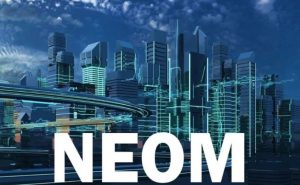
Just in case you were needing more incentive to create better, here is a glimpse of for what out elected representatives have signed us up.
Hay vs Straw
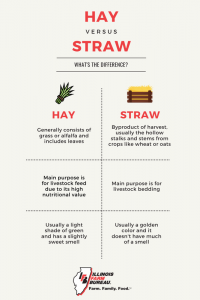
Straw is the stubble that is left after farmers harvest grains from plants like wheat, oats and rye. Farmers and ranchers use most straw for animal bedding. Square bales often sold in the fall for Halloween decorations are bales of straw. Straw can also be used as mulch for gardens and, in some cases, has even been used in walls of houses as insulation.
Counter Inoculation

Lies Are No Match For Truth

